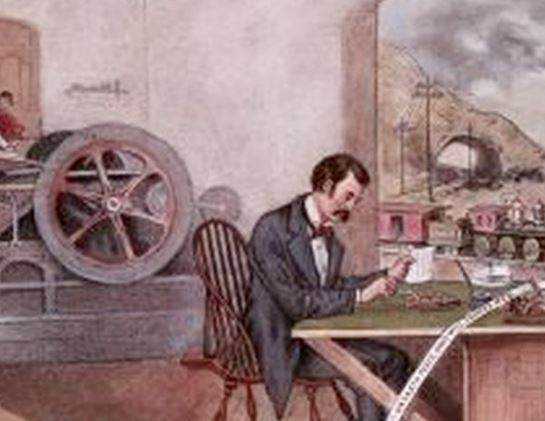
The American economy was trapped experiencing significant change just before the Civil War. What had been an absolutely farming economy in 1800 was in the primary phases of a modern transformation which would bring about the United States getting one of the world's driving mechanical forces by 1900. In any case, the beginnings of the mechanical transformation in the prewar years was solely restricted to the districts north of the Mason-Dixon line, leaving a significant part of the South a long ways behind.
In 1860, the South was still dominatingly agrarian, exceptionally subordinate upon the offer of staples to a world market. By 1815, cotton was the most important fare in the United States; by 1840, it was worth more than all different fares consolidated. Be that as it may, while the southern states delivered 66% of the world's gracefully of cotton, the South had small assembling capacity, around 29 percent of the railroad tracks, and just 13 percent of the country's banks. The South experimented with utilizing slave work in assembling, however generally it was very much happy with its agrarian economy.
The North, on the other hand, was well on its way toward a business and assembling economy, which would directly affect its war making capacity. By 1860, 90 percent of the country's assembling yield originated from northern states. The North created multiple times more cotton and woolen materials than the South, multiple times more cowhide products, multiple times more pig iron, and multiple times more guns. The North delivered 3,200 guns to each 100 created in the South. Just around 40 percent of the Northern populace was as yet occupied with farming by 1860, when contrasted with 84 percent of the South.
The Southern economy, while flimsy all through the war, deteriorated in its later years. The Emancipation Proclamation both rankled the South with its guarantee of opportunity for their slaves, and undermined the very presence of its essential work source. The economy kept on enduring during 1864 as Union armed forces battered Confederate soldiers in the eastern and western theaters. In the East, General Ulysses S. Award tossed men and materiel at Robert E. Lee's drained and progressively frantic armed force.
Award exploited railroad lines and new, improved steamships to move his officers and had an apparently perpetual gracefully of troops, supplies, weapons, and materials to devote to pulverizing Lee's frequently poorly taken care of, sick clad, and undermanned armed force. In spite of the fact that the mission inevitably fell into an impasse at Petersburg, Virginia, Grant could stand to, as he expressed, "battle it out along this line on the off chance that it takes all mid year," while Lee proved unable.
